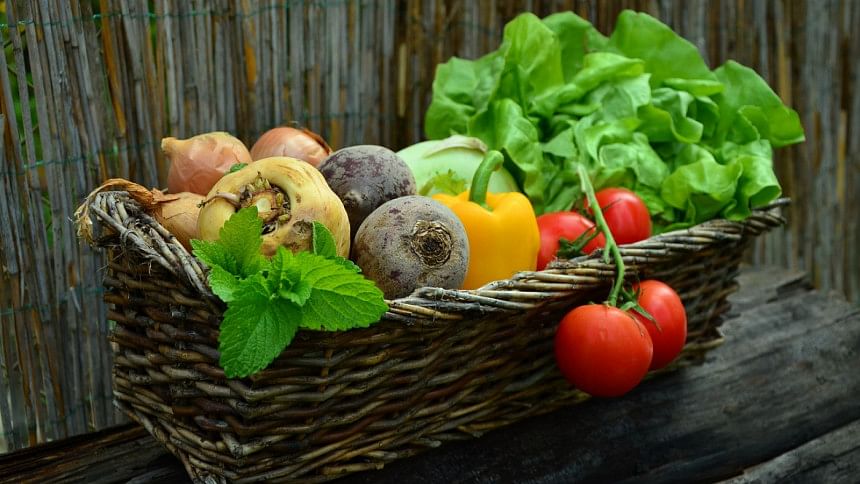Why organic is the way to go

Is organic really the way to go for the future of food production? This subject is not brand-new, and policymakers and food producers have hotly debated the topic for decades. In contrast, some data suggest that going organic will be necessary to ensure a brighter future on this planet. Other sources claim that going organic is just a marketing ploy to get us to pay more for items that are ultimately not that much better for our health or the environment. Average Joes have always sought clarity over this debate.
What exactly are the health advantages of switching to organic food? Depending on who you ask and what studies you look at will determine that. But here are some benefits, backed by science, that you can experience if you purchase organic foods.
REDUCED PESTICIDES AND HEAVY METALS
Organic food can be defined as food produced using organic farming methods. The cultivation process is said to be organic when carried out without artificial fertilisers, pesticides, or other chemical additives and when done naturally. Health professionals continue to caution about the possible risks of repeated exposure even though such pesticides are safe in the doses used for regular farming.
For instance, the insecticide chlorpyrifos has been linked to developmental abnormalities in babies, and the widely used herbicide Roundup has been labelled as a "possible human carcinogen."
In addition to being less likely to have detectable pesticide levels, organically grown vegetables were also less likely to test for cadmium. This dangerous heavy metal builds up in the liver and kidneys due to variations in fertilisation methods.
ANTIBIOTIC RESISTANCE
Humans are prone to various ailments and diseases; therefore, they frequently need to take preventative steps to keep themselves healthy. When a new strain of bacteria or virus is discovered, this is accomplished by receiving various immunisations and antibiotic medications. Similar to how non-organic food sources handle and feed their animals, non-organic food sources (particularly livestock and feeds) use vaccines, growth hormones, animal by-products, and antibiotics.
This could change the immune system, making it impossible for people to fight off illnesses. The advantage of organic foods is that they are produced without using growth hormones, antibiotics, animal by-products, or immunisations. In other words, organic food promotes a better immune system.
GENETICALLY MODIFIED ORGANISMS (GMO) FREE
Organic foods are GMO-free (foods that are not derived from genetic engineering). In the modern era, genetic modification of food products is a significant worry. To boost their resistance to pesticides and herbicides, many foods and plants have changed their DNA in ways that do not naturally occur. Long-term research has not been done to confirm their safety, despite the lack of clear proof of their risks.
Experts in food safety contend that GMOs are a significant factor in slowing brain development, harm to internal organs, gastrointestinal problems, and the thickening of the digestive tract. As a result, eating organic food has health benefits because it does not include GMOs, a common ingredient in non-organic foods.
ANTIOXIDANTS CONTENT
Numerous scientific studies have proven the benefits of antioxidants for overall health, especially those obtained from organic foods. This is because organic foods are free of foreign chemicals that typically react with minerals, vitamins, and organic components, reducing the critical benefits of antioxidants in food products.
Researchers suggest that eating organic food can increase antioxidant intake, which is good for your health, and reduce your exposure to heavy metals. Antioxidants included in organic foods have benefits such as preventing heart disease, cancer, eye issues, early ageing, and cognitive dysfunction.
It is pretty apparent that everything we eat originates from the soil and other physical environmental interactions. Therefore, removing agrochemicals in organic farming as a method of crop production indicates a way to healthier living.

 For all latest news, follow The Daily Star's Google News channel.
For all latest news, follow The Daily Star's Google News channel. 








Comments